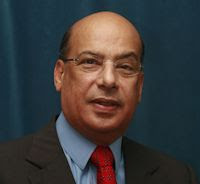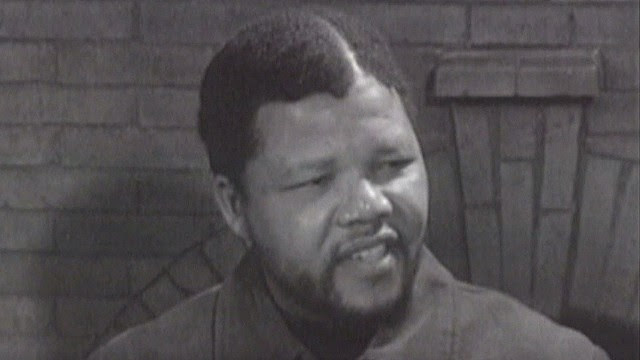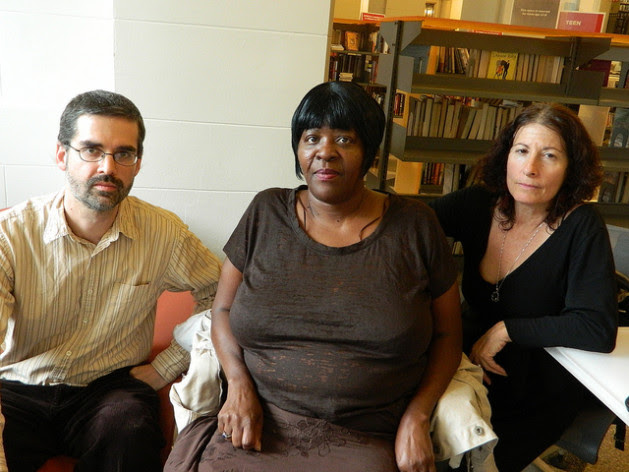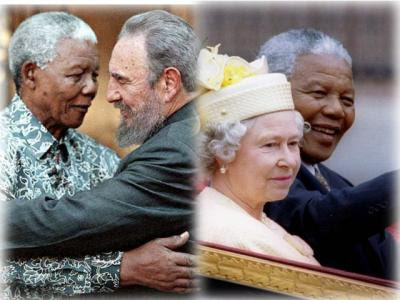
In memorialising Mandela, Caribbean people can proudly say that they stood with him in the time of the great struggle against apartheid – and he showed his appreciation
IBW21 (The Institute of the Black World 21st Century) is committed to enhancing the capacity of Black communities in the U.S. and globally to achieve cultural, social, economic and political equality and an enhanced quality of life for all marginalized people.

In memorialising Mandela, Caribbean people can proudly say that they stood with him in the time of the great struggle against apartheid – and he showed his appreciation

The small Latin American country of Uruguay has become the only country that allows growing and selling marijuana

As the world joins together in celebrating the life of Nelson R. Mandela, South Africa’s “Madiba” who symbolizes freedom and dignity in every corner of the planet…

This article is part one of a two-part series on charges of racial bias in the child welfare system in Philadelphia. Part two looks at the uphill battle fought by parents or relatives seeking to regain custody of their children.

PHILADELPHIA, (IPS) – Seated at a table in the dimly lit café in Philadelphia’s public library, Carolyn Hill looks no different from her fellow diners. A few minutes of conversation, though, are enough to reveal the extent of her distress.
By Steve Weissman,
The nationalization of the mines, banks and monopoly industries is the policy of the ANC, and the change or modifications of our views in this regard is inconceivable,”

Nelson Mandela is dead. Thus ends an epoch in the revolutionary history of the South African people.

By Ajamu Baraka — “The master’s tools will never dismantle the master’s house.” – Audre Lorde December 10 is recognized as International Human Rights Day and celebrated around the world….
The Other Mandela, Mandela and the Politics of Immortality, Obama Failed To Deliver Long-Overdue Apology To Mandela, How the ANC Sold Out South Africa’s Poor
by SANJEEV BRAICH
Nelson Mandela is dead, and the media pullulates with blazing adulation. Much of it is justified: we must, after all, extol Madiba’s courageous opposition to a barbarous system, and to the barbarous philosophy that maintained it in existence.

After being released from prison in 1990, one of the first things Nelson Mandela did was visit Cuba to express his admiration and respect for Cuban leader Fidel Castro.
Nelson Mandela emerged from 27 years in apartheid jails in 1990 pledging to seize South Africa’s mines and banks. Four years later, his government slashed spending and courted foreign investors, paving the way for the longest period of growth in the country’s history.